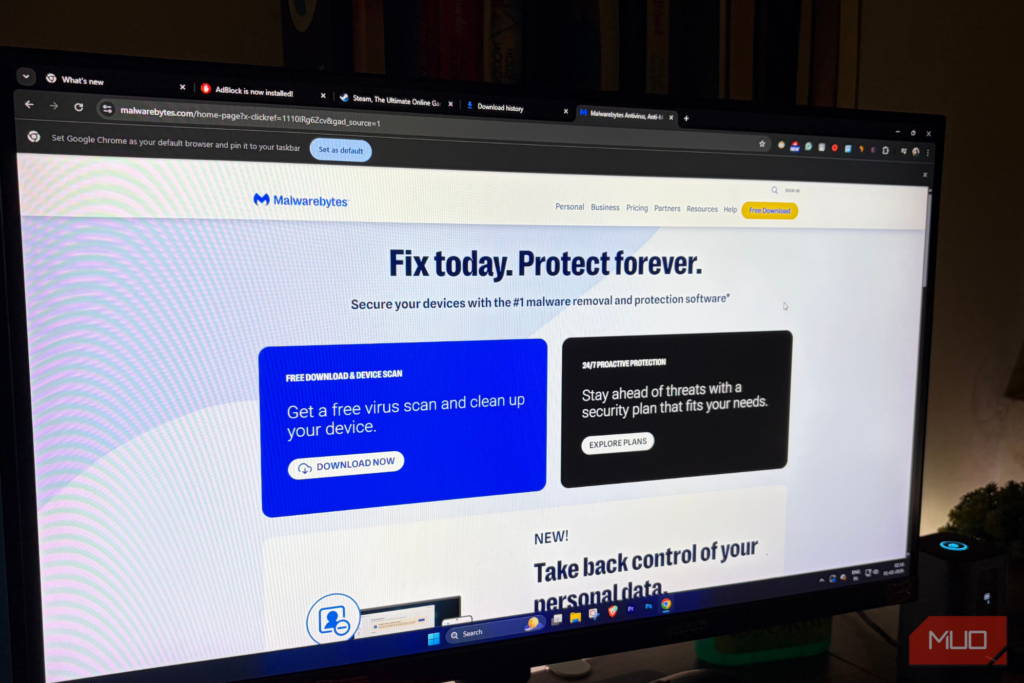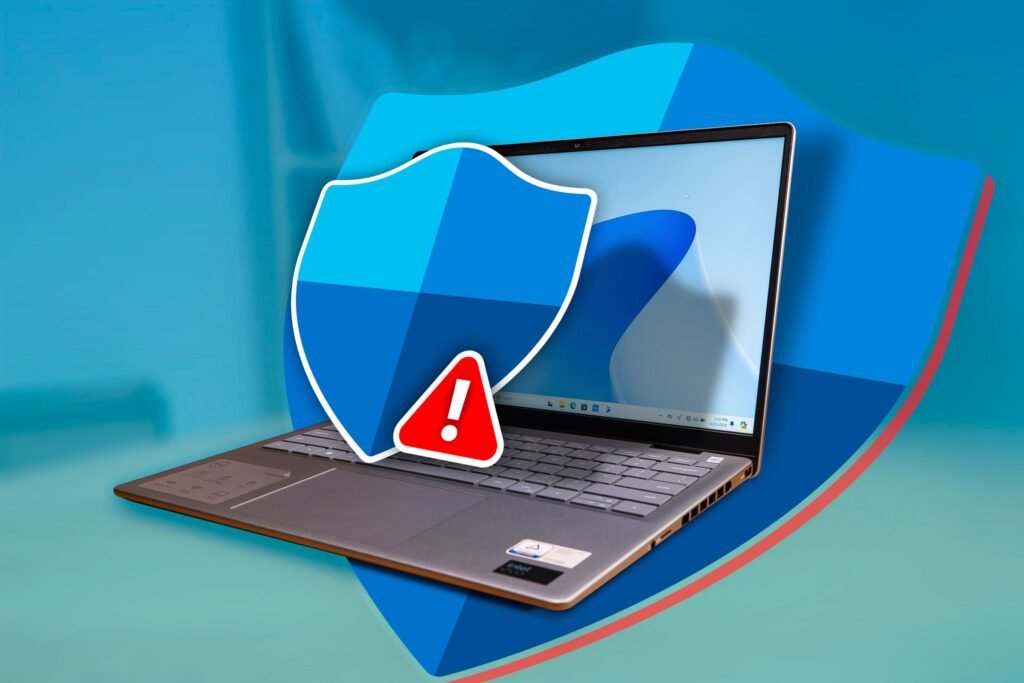These free antivirus apps may cause more damage than actual viruses

Downloading a free antivirus or cleaning app for your Android smartphone may put your privacy and security at greater risk than if you had avoided doing so altogether as many of these apps contain data trackers and even links to potentially malicious domains.
To compile its new report, Cybernews studied the 40 highest-ranking and most downloaded cleaning and Android antivirus apps on the Google Play Store to find that many of these apps don’t live up to the high standards of similar software on desktop. Even worse, between them these apps have been installed more than 918m times and and the most popular ones have over 1m installs each.
Cybernews’ research team provided further insight on its findings and explained why users may be tempted to download these apps in a blog post, saying:
“Based on the total installation count, common Android users are eager to secure their phones from malware and interested in keeping their devices running as fast as possible by cleaning junk files and cache. Less tech-savvy users are likely to download an app to do all of this tedious work automatically. However, a lot of the free available options come at a hidden price – user data is being tracked, sold or plainly managed insecurely due to questionable coding and privacy practices of the application developers.”
Red flags galore
After doing a deep dive on each of the 40 apps in question, Cybernews then gave each a security score out of 100.
13 of the apps were judged to be so detrimental to privacy by the news outlet that they scored the lowest pos
Be the first to write a comment.





